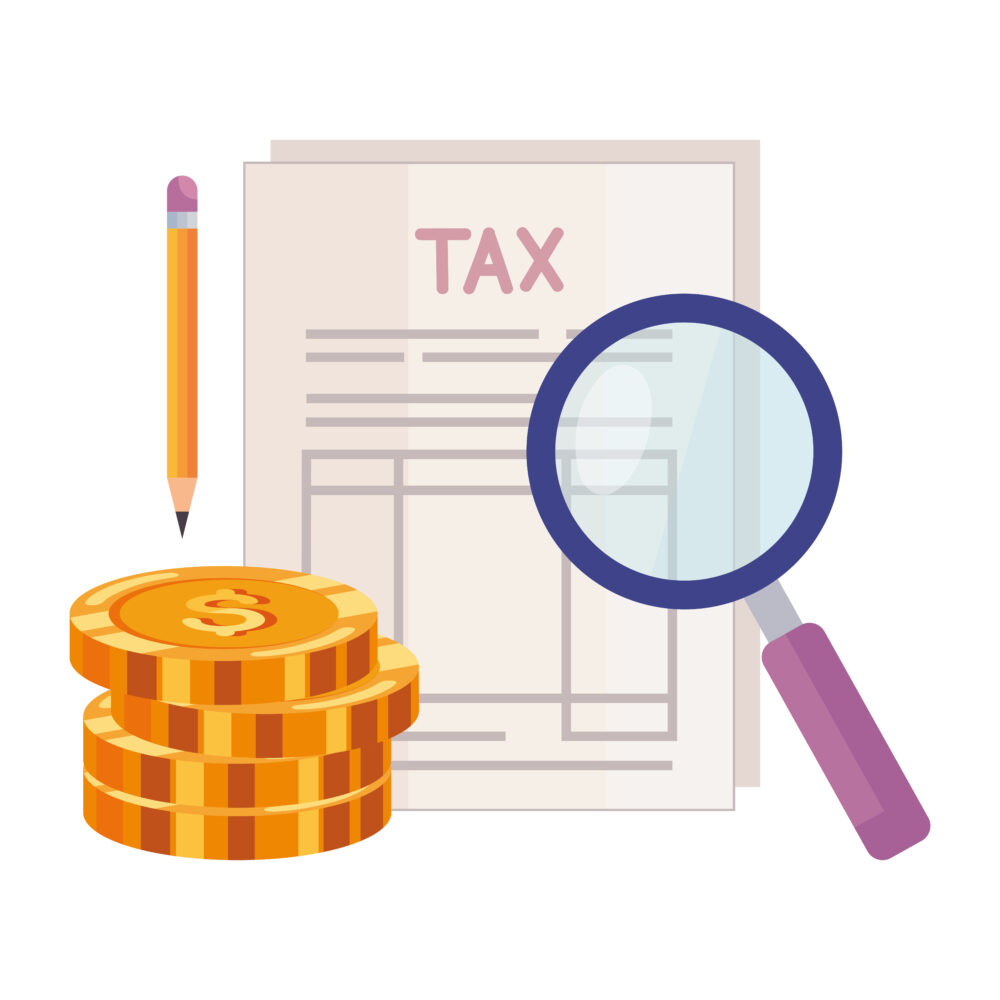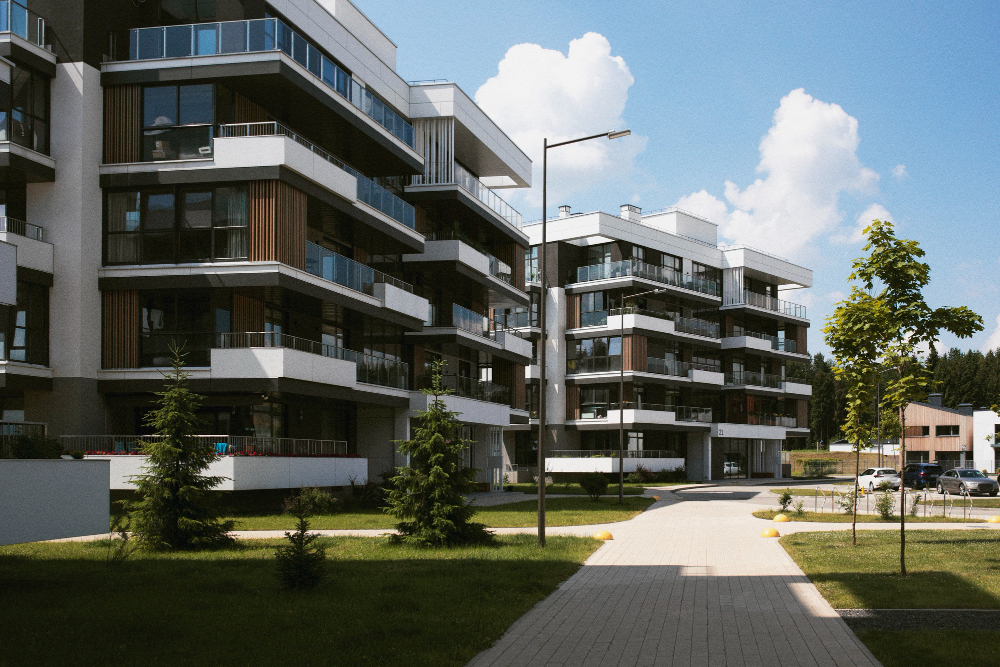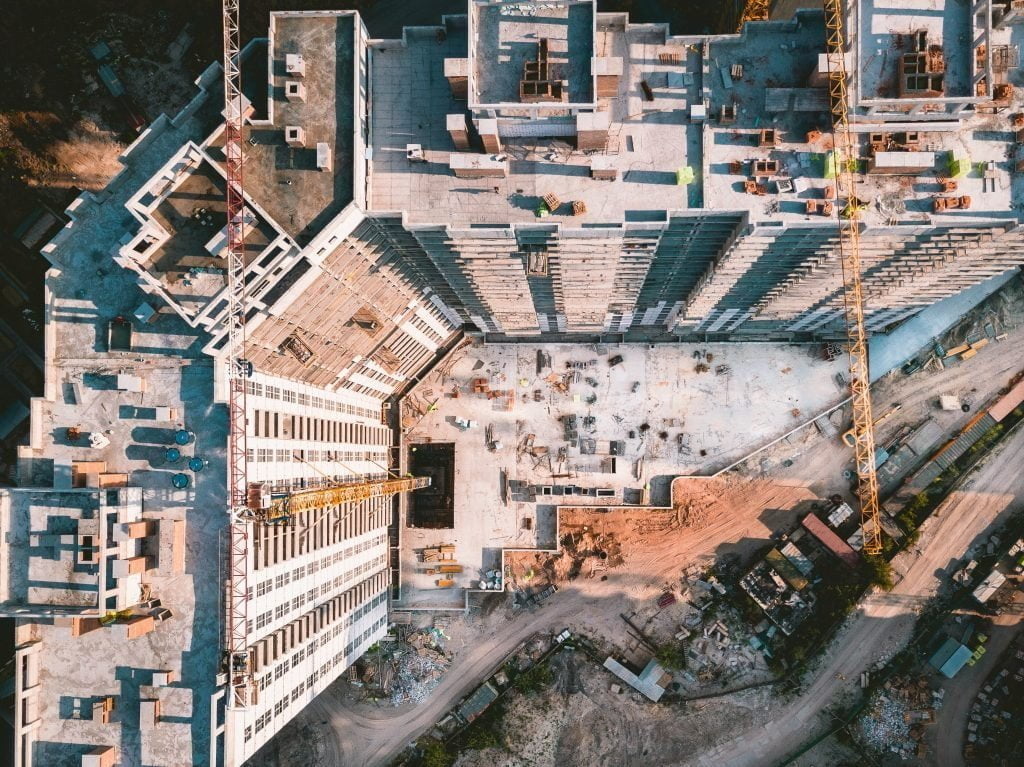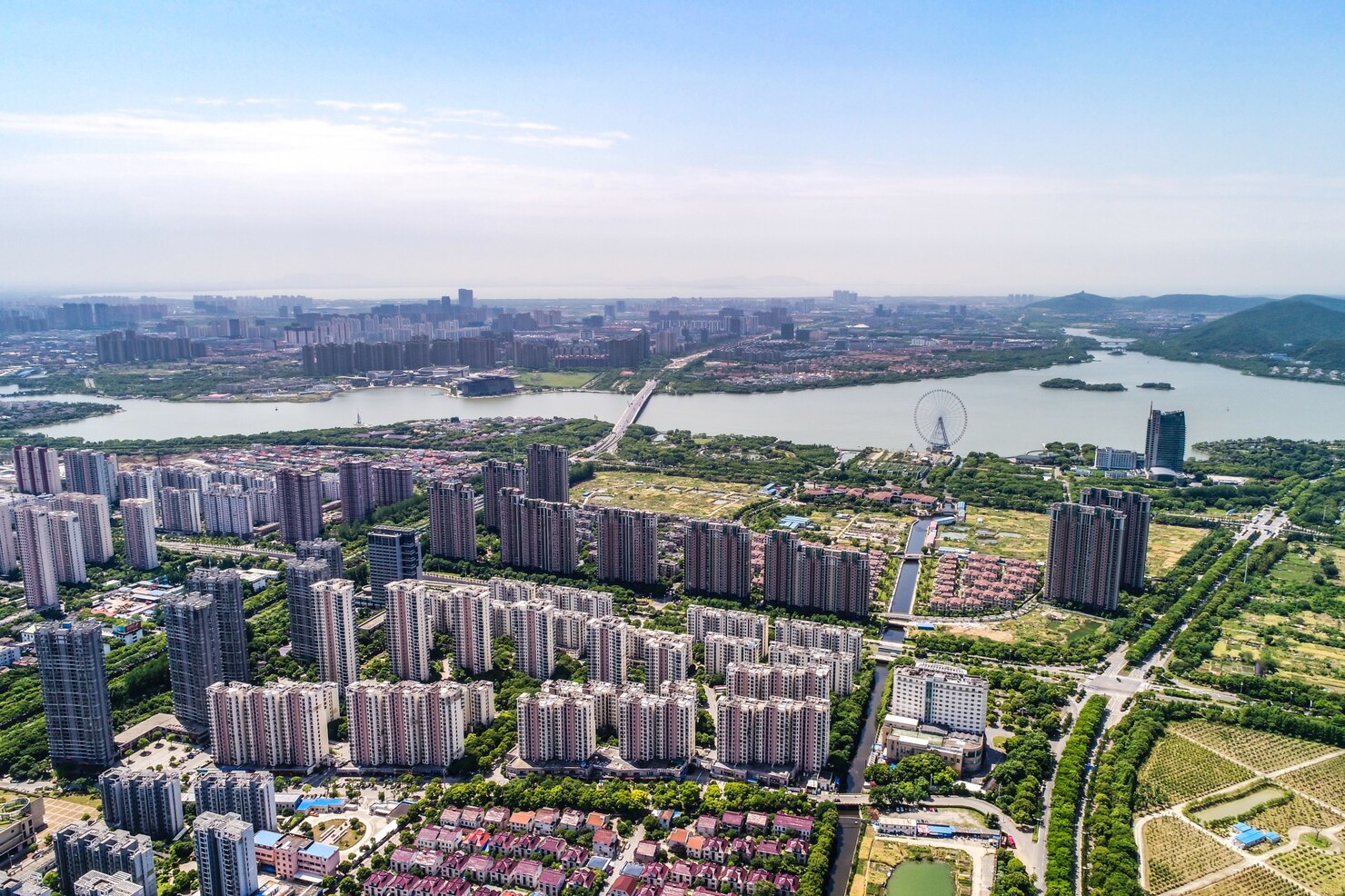Real estate ownership by foreign entities and individuals in Vietnam is a matter of particular concern under Vietnamese law, with various guidelines on conditions and implementation to ensure effective land management for both domestic and foreign individuals and organizations. Accordingly, the rights to own houses, use land, and engage in real estate business for foreigners are distinctly regulated for different entities, including Foreign Organizations, Foreign Individuals, and Foreign-Invested Economic Organizations.
This article analyzes the current legal provisions regarding real estate ownership by foreign entities and individuals in Vietnam, clarifying the rights and restrictions imposed by law on each subject.
1. Regulations for Foreign Organization
According to Vietnamese law, unless a Foreign Organization is granted a license to establish and operate in Vietnam (qualifying as a Foreign-Invested Economic Organization) or falls under diplomatic and consular exemptions, it is subject to the following restrictions:
(a) Not permitted to own houses in Vietnam.
(b) Not entitled to land use rights, including:
- Land allocation by the State,
- Land lease by the State,
- Recognition of land use rights,
- Transfer or receipt of land use rights in Vietnam.
Legal Basis: Articles 8 and 17 of the Law on Housing 2023; Article 4 of the Land Law 2024.
2. Regulations for Foreign Individuals
According to regulations, foreign individuals are entitled to own houses but are restricted in land use rights. Specifically:
(a) Right to Own Houses
- Types of ownership: Condominium apartments and independent houses (villas, townhouses).
- Ownership term: Not exceeding 50 years, with a one-time extension of up to 50 additional years.
- Ownership limit:
- Not exceeding 30% of apartments in a condominium building, or
- Not exceeding 250 houses (including villas and townhouses) within an administrative unit at the ward level.
(b) Land Use Rights Restrictions
Foreign individuals are not entitled to land use rights, including:
- Land allocation by the State,
- Land lease by the State,
- Recognition of land use rights,
- Transfer or receipt of land use rights in Vietnam.
Legal Basis: Articles 17, 18, 19, and 20 of the Law on Housing 2023; Article 4 of the Land Law 2024.
3. Regulations for Foreign-Invested Economic Organizations
According to regulations, Foreign-Invested Economic Organizations have broader rights regarding real estate ownership and land use rights but must meet specific conditions.
(a) Conditions
Foreign-Invested Economic Organizations must possess an Investment Registration Certificate or other legal documentation proving the right to operate in Vietnam.
(b) Right to Own Houses
Foreign-Invested Economic Organizations are entitled to own houses in Vietnam, under similar regulations applicable to foreign individuals, including both condominium apartments and independent houses.
(c) Entitlement to Land Use Rights in the following cases
- Receiving land use rights transfer within industrial zones, industrial clusters, and high-tech zones.
- Acquiring capital via land use rights transfer or contributing capital via land use rights.
- Receiving land allocation by the State for residential project developments to sell or to sell combined with leasing.
- Leasing land from the State to implement investment projects for production, business, commercial services, tourism, and office operations.
(d) Right to Engage in Real Estate Business, including:
- Purchasing, leasing houses, constructions, or floor areas for use or for business purposes, including leasing out.
- Investing in constructing houses, real estate projects attached to land use rights, for sale, lease, or lease-purchase.
- Investing in infrastructure within a project for transfer, lease, or sublease of land use rights with developed infrastructure.
- Acquiring full or partial real estate projects for continued investment and business activities.
Legal Basis: Articles 17, 18, 19, and 20 of the Law on Housing 2023; Articles 4 and 28 of the Land Law 2024; Articles 10 and 15 of the Law on Real Estate Business 2023.
Vietnamese law has increasingly expanded and clearly defined real estate ownership by foreign entities and individuals. These regulations not only allow Vietnam to manage the real estate market effectively but also create a transparent investment environment, attract foreign capital selectively, and ensure economic stability and national sovereignty. Before conducting transactions, investors should thoroughly research the legal provisions or consult legal professionals to ensure compliance and avoid legal risks.
See more:
1/ Scope of real estate business for foreign-invested companies
2/ Individuals and foreign organizations owning and doing real estate business in Vietnam (P1)
3/ Individuals and foreign organizations owning and doing real estate business in Vietnam (P2)
Disclaimers:
This article is for general information purposes only and is not intended to provide any legal advice for any particular case. The legal provisions referenced in the content are in effect at the time of publication but may have expired at the time you read the content. We therefore advise that you always consult a professional consultant before applying any content.
For issues related to the content or intellectual property rights of the article, please email cs@apolatlegal.vn.
Apolat Legal is a law firm in Vietnam with experience and capacity to provide consulting services related to Real Estate and contact our team of lawyers in Vietnam via email info@apolatlegal.com.





































